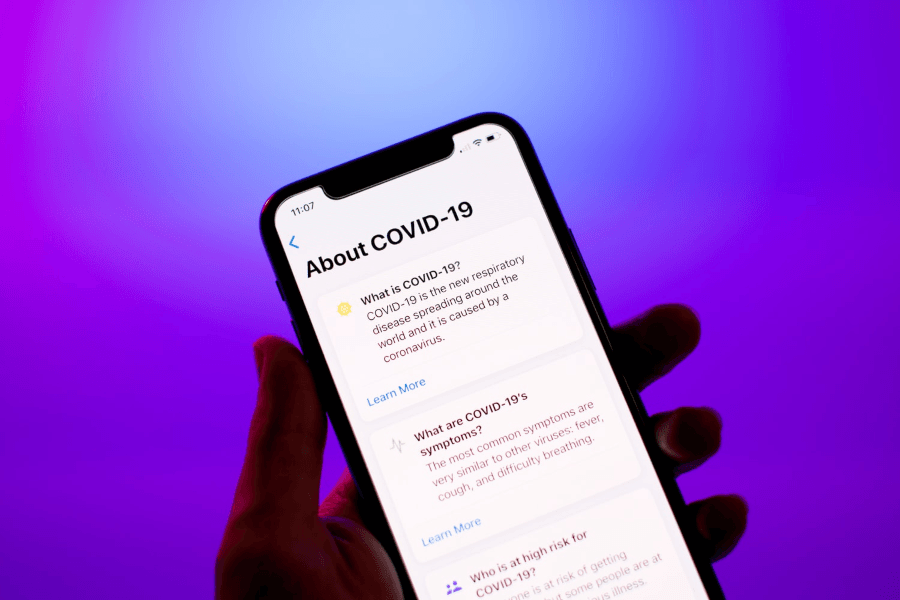Health
CDC says “fully vaccinated” people don’t need to quarantine amid COVID-19 exposure

WHAT YOU NEED TO KNOW:
- The US Center for Disease Control and Prevention (CDC) issued new guidance on Wednesday, saying that “fully vaccinated” individuals do not need to self-quarantine even when exposed to COVID-19.
- Other recommendations like mask-wearing, social distancing, and avoiding crowds remain in place.
- The new guidance noted, though, that the rate of transmitting the virus by a “fully vaccinated” individual is still being verified.
In an updated guidance by the Centers for Disease Control and Prevention (CDC) on Wednesday, Americans who completed their COVID-19 vaccination do not need to isolate in the event of being exposed to the virus.
The guidance said that self-quarantine would not be necessary for people who have been fully vaccinated within three months from their last inoculation provided that they do not show any symptoms.
“Fully vaccinated” can be defined as a person who has received a one-dose of a single-dose vaccine or a second dose of a dual-dose vaccine after two weeks of getting shot.
Guidance such as wearing of face masks, observing social distancing and avoiding public gatherings are still highly encouraged.
Per the CDC, the vaccination “has been demonstrated to prevent symptomatic Covid-19; symptomatic and pre-symptomatic transmission is thought to have a greater role in transmission than purely asymptomatic transmission.”
The guidance, though, noted that the probability of spreading the virus by a fully vaccinated individual is “still uncertain.”
A representative from the agency has declined to comment on the new guidance.
Dean of National School of Tropical Medicine at the Baylor College of Medicine in Houston and co-director of the Center for Vaccine Development at Texas Children’s Hospital Dr. Peter Hotez said that the new guidance “makes sense,” though he noted that he was curious about the CDC’s references.
Based on initial data from Moderna and AstraZeneca’s Phase 3 clinical trials, vaccines could slow the virus transmission. To establish the claim, further studies would be needed.
Meanwhile, George Mason University epidemiologist and infection preventionist Saskia Popescu of Virginia said that the guidance “reiterates that there is confidence in protection for those 90 days following vaccination, which is similar to the robust immunity after infection.”
The new direction will likely evolve when there’s a better understanding of vaccine-derived immunity, especially for people who will go past the 90 days post-vaccination timeline.
The new guidance is consistent with CDC’s initial advisory that infected people who recovered do not need to self-isolate for at least three months if they got exposed to another infected person.
Source: NBC News
